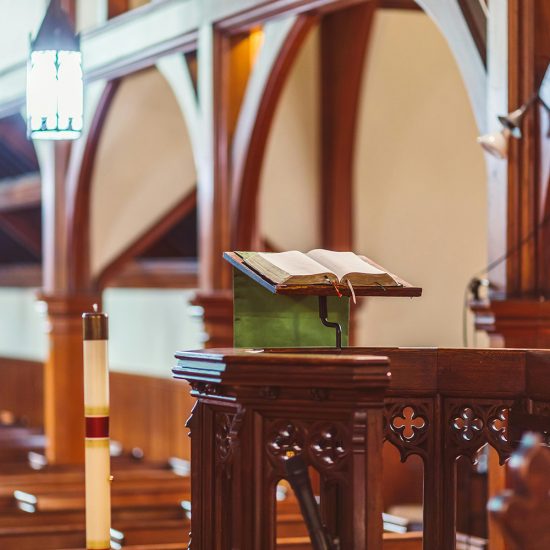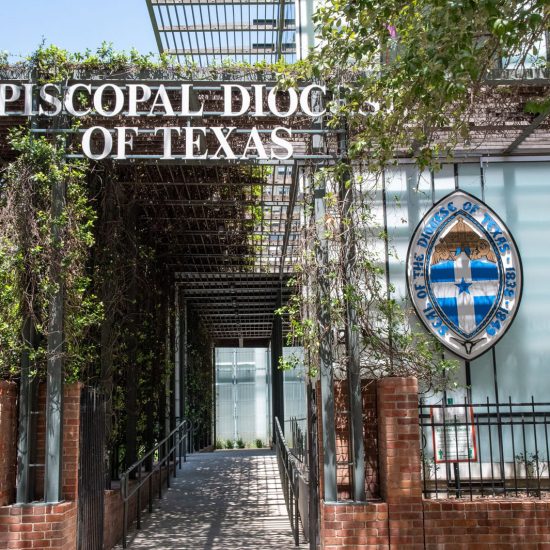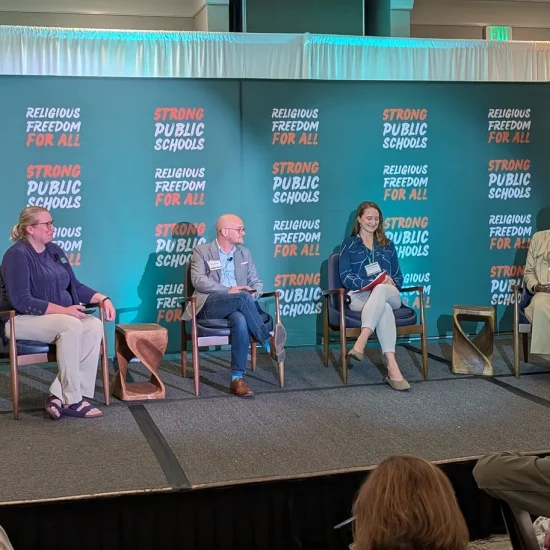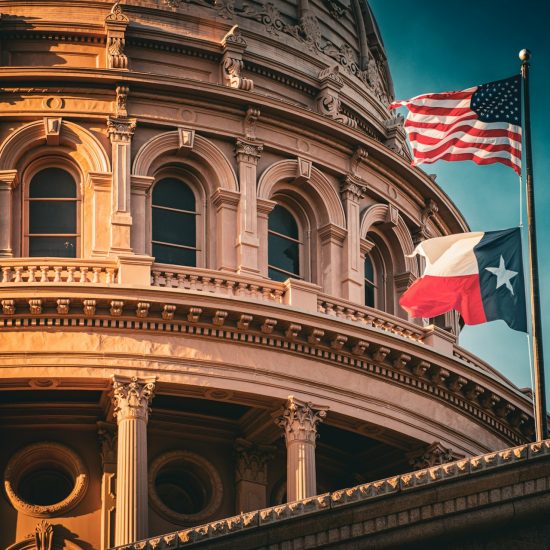WASHINGTON (ABP) – The United States Supreme Court ruled April 20 that a federal law protecting the religious liberty of prison inmates does not entitle a prisoner to monetary damages if that right is denied.
Brent Walker of the Baptist Joint Committee for Religious Liberty criticized the 6-2 decision as a “pinched view” of the clear intent of Congress when it passed the Religious Land Use and Institutionalized Persons Act of 2000.
The Baptist Joint Committee, which 11 years ago led a coalition that championed the federal law designed to protect the religious freedom of prisoners and in zoning and landmark laws, filed a brief in the case supporting Texas inmate Harvey Sossaman, who due to disciplinary confinement was not permitted to leave his cell to attend worship services.
The BJC brief, filed with other groups including the American Civil Liberties Union, Americans United for Separation of Church and State and the Interfaith Alliance, argued that a part of the law empowering prisoners to seek “appropriate relief” meant both injunctive and monetary remedies.
Writing for the Supreme Court majority, however, Associate Justice Clarence Thomas ruled that lacking an “unequivocal declaration” in the law that states were intended to be subject to monetary damages, by the simple act of accepting federal funds Texas did not waive its “sovereign immunity,” a legal doctrine that says a government cannot be sued without its own consent.
Justice Sonia Sotomayor, joined by Justice Stephen Breyer, filed a dissenting opinion saying that excluding a legal right to damages “severely undermines the broad protections of religious exercise” intended by Congress.
Justice Elena Kagan did not participate in the case, Sossaman v. Texas.
The RLUIPA was a second attempt by Congress to protect religious rights of prisoners. The Religious Freedom Restoration Act, adopted in 1993 to prevent laws that substantially burden a person’s right to religious exercise, was ruled unconstitutional in 1997 when the Supreme Court declared Congress had a right to enforce the law at the federal level but not upon the states.
Sossaman was among several prisoners denied permission to attend religious services but allowed to leave their cells for other purposes, such as educational classes and to use the library. He was also among prisoners denied permission to use the prison chapel for religious services, even though inmates were allowed to use it for non-religious purposes.
Sossaman sued the state of Texas for violating the federal law barring governments from imposing “a substantial burden on the religious exercise of a person residing in or confined to an institution” unless the burden is “the least restrictive means” of furthering “a compelling governmental interest.”
A district court dismissed the lawsuit, citing the state’s sovereign immunity. The Fifth U.S. Circuit Court of Appeals upheld the decision, finding that Texas did not waive its sovereign immunity in exchange for federal funds.
In its friend-of-the-court brief, the Baptist Joint Committee and seven other organizations said monetary relief is “essential to RLUIPA’s purpose of deterring pervasive and unjustified burdens on religious exercise.”
“We are disappointed in the majority’s pinched view of what was a clear congressional intent to provide prisoners broad protection for religious liberty and a robust remedy for its violation, including monetary damages,” said Walker, executive director of the Washington-based BJC.
-30-
Bob Allen is senior writer for Associated Baptist Press.






